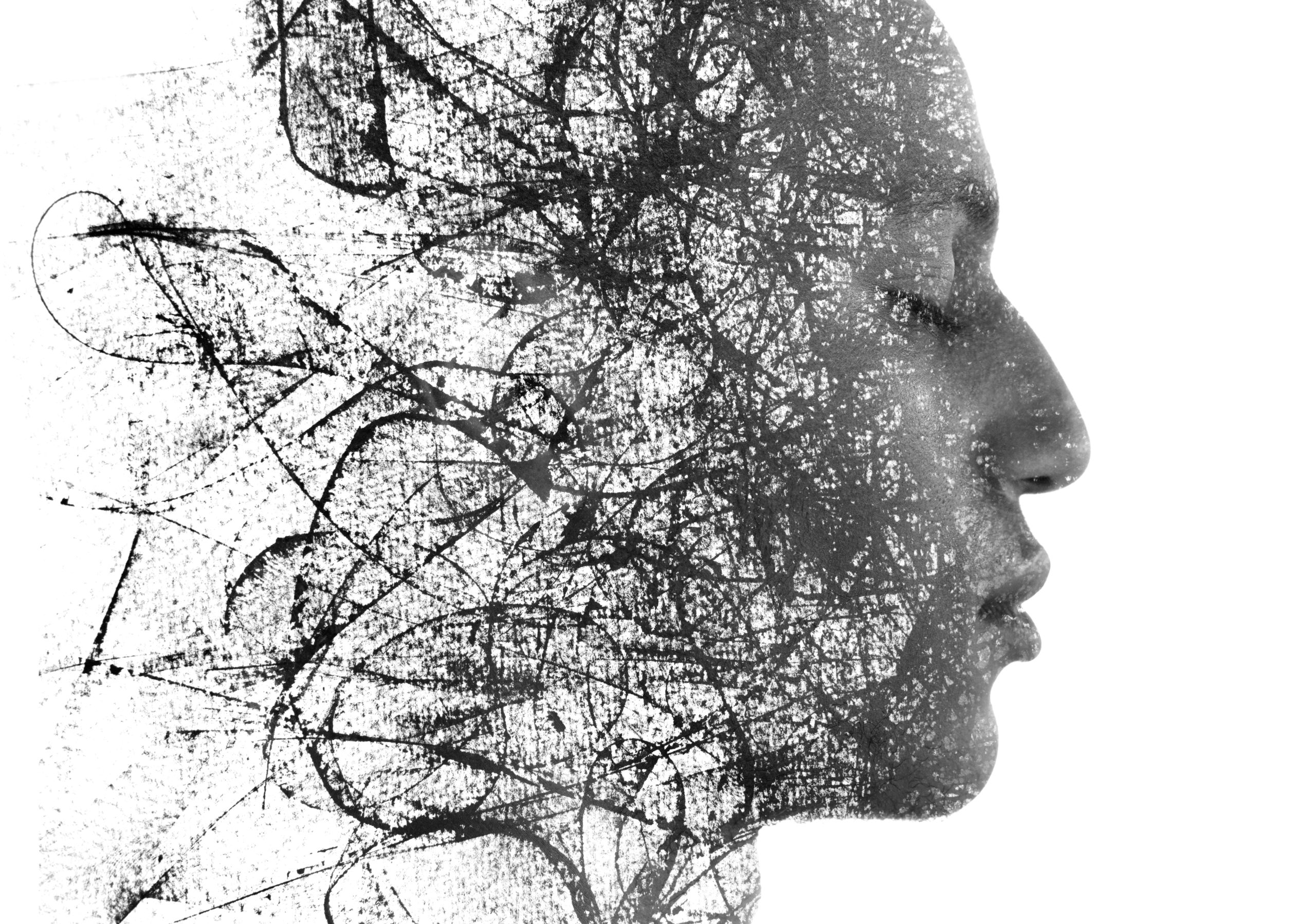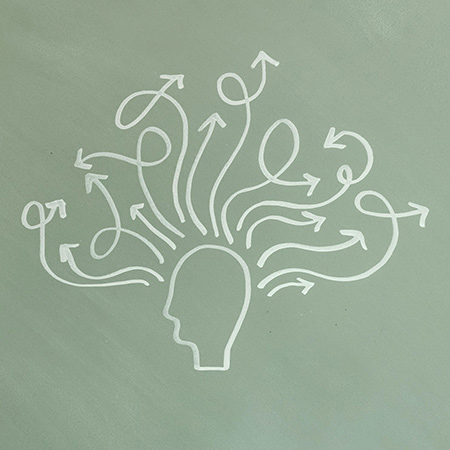Over the past two weeks, I haven’t felt like myself. I injured my forearm due to an unfortunate collision on the dance floor, and this incident occurred right before moving into a new house. For a week my arm was constantly aching–the tendon on my inner right wrist creaking from the injury–and moving just exacerbated the symptoms. My arm was starting to feel a bit better, then last week, over two years into the pandemic, I tested positive for COVID for the first time. While my symptoms were mild, the achiness, slight fever, and cough kept me feeling low energy for days. I was able to rest, which was probably just what my arm needed to fully heal after the stress of moving, but I missed exercise. I missed feeling like my vibrant, energetic self.
Today, I woke up with energy levels almost to my usual intensity, and I felt OVERWHELMED. For hours, I did not fully recognize the extent of my anxiety until it became too evident to ignore any longer. Over these past two weeks, feeling low energy and not like myself, I had forgotten what it was like to inhabit my usual body. I felt jittery all over, especially around my arms and chest area. I couldn’t focus on one thing, and I found myself attempting to learn how to shuffle dance in the living room. When dancing didn’t help lower my anxiety back down to manageable conditions, I resorted to doing some pull-ups and push-ups for the first time since my injury. Exercise is usually my tool for managing energy and anxiety, but today it was not helping me. I couldn’t go climbing because I was still healing from COVID, so that flow state I have discussed in previous posts was frustratingly inaccessible.
I felt like I was trapped in this endless vortex of energy, which might sound nice from the outside, but when I am stuck in that place, it unearths my deep insecurity that I am too much for people. Because when I am in this state, I often am too much for those around me. I talk so fast it is difficult to follow and understand, I bounce from subject to subject, and I cannot sit still or concentrate. I will never forget when I was a freshman in college and an acquaintance (who I had a crush on at the time) told me: “You are like sunshine! You are so vibrant and happy, but also your rays can get so intense that they are overwhelming and just too much to be around”. I remember feeling absolutely crushed when I heard this, and for a week I tried so hard to dull my rays to make this boy like me, but I just couldn’t change this aspect of my personality. I am sure this person has no idea how much his words affected me and how they continue to dictate my interpretation of who I am to this very day.
In the ten years since I received this unsolicited characterological depiction, this same message has been projected onto me by various people in various circumstances. Whether it be my coworker saying “woah, you are talking so fast it is making me feel anxious”, my graduate school professor instructing me that “in order to be a good therapist you are going to need to talk slower”, or my mother reminding me to “slow things down”, all of these messages say the same thing to my insecure voice: I am too much for people, and I need to dull my spark in order to fit in and be accepted. I’m sure this is not the intended message people are trying to send me, and their comments come from a place of caring, but it is how my insecure voice interprets their words.
So, the challenge is this: how can I live as my authentic self while also recognizing when my energy levels and anxiety are so high that they negatively impact those around me? Even though I feel embarrassed, ashamed, and insecure about my intensity, I also value it. I appreciate how my energy allows me to connect with almost anyone, how it propels me to achieve and work hard, how it fuels me to work out and push my body to its limits on a consistent basis. My energy can become overwhelmingly intense when paired with highly anxious states, but when my anxiety is low, this same energy gives me my sunny, joyful, and vibrant personality.
Now that I have begun to explore this in writing, I recognize the obvious connection between my anxiety and intensity levels. I believe that the key to managing my energy around others is to work on recognizing and working through my anxiety. It took me hours to realize how anxious I felt today, and when I finally noticed it, I was shocked by my lack of self-awareness throughout the day. It was so evident within my body how anxious I felt–my arms were literally shaking, and my heart was beating much faster than usual– yet I had ignored these physical symptoms and allowed myself to become consumed by my anxiety with alarming ease. This is why it is even more important for me to develop somatic tools to help regulate my daily anxiety levels. As a therapist, I have learned exercises to help achieve this: deep breathing, recognizing where I feel anxiety in the body, grounding exercises, and time spent outside with my feet on the earth. Now I just need to take these tools out of the shed and put them to use in the garden of my anxious mind.

If you want to learn more about somatic techniques to help you ground when you are feeling anxious, check out this article by Dr. Arielle Schwartz.




